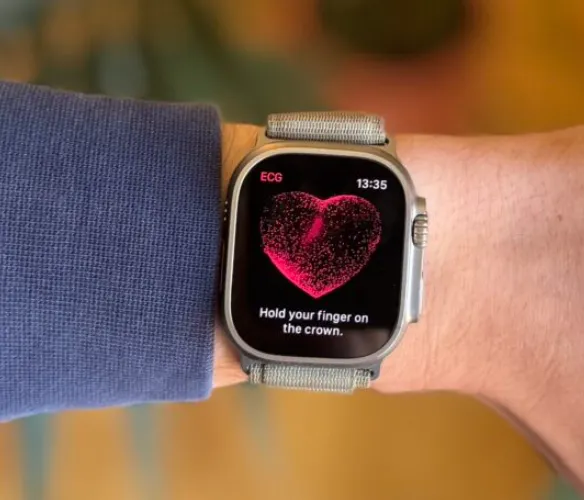A large-scale review from the University of Mississippi has taken a closer look at how well the Apple Watch stacks up against clinical standards. Drawing on 56 peer-reviewed studies, researchers found that the device is impressively accurate when measuring heart rate and step counts. Heart-rate tracking showed an average error of just 4.4%, while step counts landed at 8.2%—well within the range considered reliable for consumer wearables.
Where Accuracy Falls Short
The picture changes when it comes to calorie burn estimates. Whether users were walking, running, cycling, or training at the gym, the watch consistently over- or under-estimated energy expenditure. The margin of error hovered near 28%, a gap that held steady across different models, fitness levels, and age groups.
Why Calories Are Harder to Pin Down
Heartbeats and steps are straightforward to measure, but calories depend on a complex mix of motion data, heart rate, and personal details like weight and age. Even small inaccuracies in those inputs can compound into large discrepancies. That makes calorie estimates less precise by design, no matter how advanced the sensors are.
Progress With Each Generation
The good news is that Apple’s accuracy has improved over time. The review pointed to a steady upward trend, suggesting that enhanced sensors and smarter algorithms are closing the gap. Still, lead researcher Professor Minsoo Kang cautioned users to see calorie estimates as guides for personal awareness, not as hard numbers for clinical or dietary decisions.
Tips for Everyday Users
Experts suggest simple steps to get better results: make sure personal information in the Health app is up to date, wear the watch snugly during exercise, and pay attention to long-term trends rather than individual daily numbers. For anyone making medical or weight-loss decisions, supplementing watch data with professional advice remains essential.
What This Means for the Future of Wearables
As smartwatches become more embedded in healthcare, accuracy is critical for building user trust. Reliable readings on heart rate and activity are already opening doors with clinicians, but calorie tracking still needs work. The study highlights the next step for wearable tech: continue refining weak points while offering users transparency about potential error margins.
